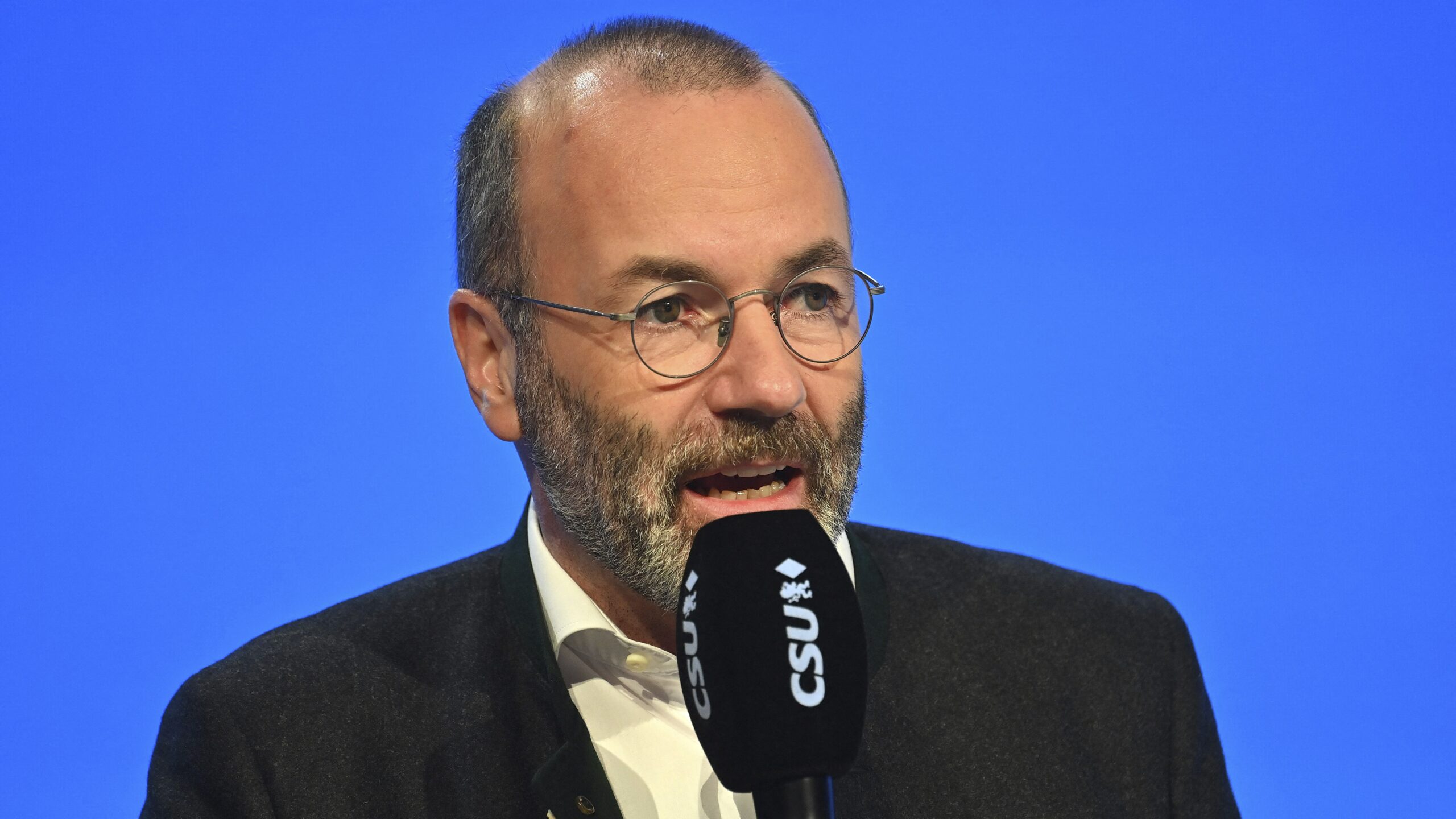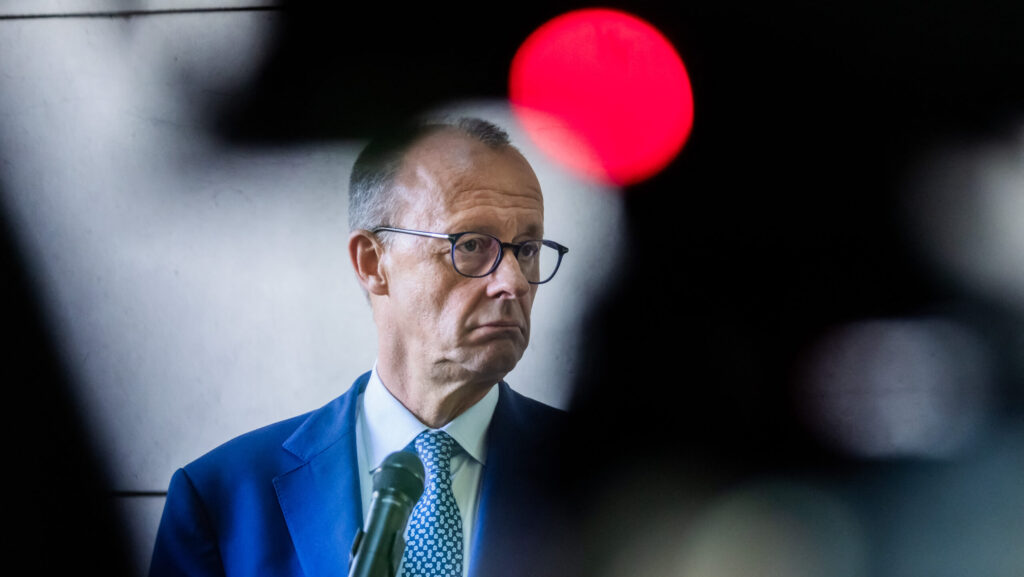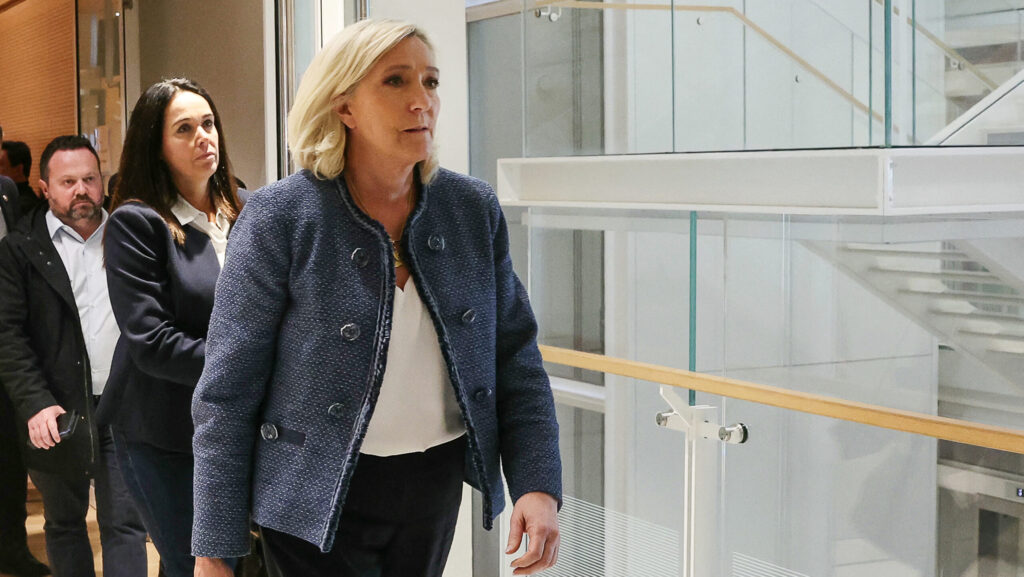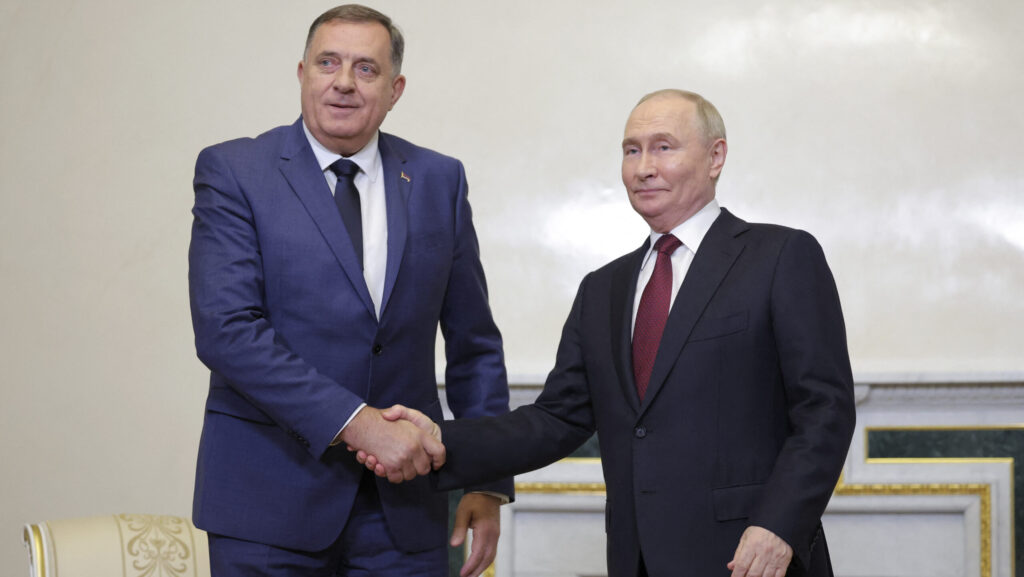The German paper Passauer Neuer Presse conducted an interview with EPP President Manfred Weber on the occasion of the informal European Council meeting in Budapest, using the opportunity to prod him on the supposed ‘isolation’ of Prime Minister Viktor Orbán within the EU. Weber was also asked about the impact of the results of the US presidential elections on Europe. In the interview, the EPP president, with characteristic smugness, declared that Orbán stands ‘on the wrong side of history’ regarding Ukraine—a refrain that’s easy to repeat from behind the comfort of the establishment’s desk. But in reality, is Weber merely parroting the Brussels line, or is he capable of genuine political insight?
In the interview, Weber grandly reminds us that Orbán’s ‘so-called peace mission’ to Russia in July was followed by an airstrike on a children’s hospital in Kiev. With typical melodrama, Weber implies guilt by association, dismissing Orbán’s diplomatic efforts with one hand while waving the moral flag of the EU with the other. ‘We must make it clear—underlined by President Zelenskyy’s presence in Budapest—that Ukraine is also fighting our fight for freedom and democracy. If Ukraine was to fall and a peace decree established, the Russian threat would become closer.’
Let’s recall Mr Weber’s plenary speech in Strasbourg in October with regard to Prime Minister Viktor Orbán’s presentation of the Hungarian EU Presidency priorities. Originally, PM Orbán wished only to present the Presidency’s priorities and conduct a constructive dialogue with the Members of the European Parliament, yet the debate degenerated into the renunciation of a domestic political debate coupled with the opposition’s mantra, with Mr Weber even stating, ‘No one really wants to see you, no one wants to come to Budapest…today you are alone, you are sidelined….why nobody wants to speak with you?’
Before we get to last week's big diplomatic event, let’s introduce a few inconvenient facts—details Weber conveniently omits.
In the first four months the Hungarian Presidency held 13 informal Council meetings in Budapest and 15 formal Council meetings in Brussels. In addition to the informal Council meetings, more than 100 official presidency events took place, so we have already held more than half of the events in Hungary. In the first four months of our presidency, more than 10,000 foreign guests participated in our events and approximately 300 delegations came to our country. Furthermore, we are working on 52 legislative files at different levels of the Council. And there's still almost two months to go.
Then on 7 November, almost 50 high-level delegations with 42 heads of state and government came to Budapest for the European Political Community (EPC) meeting. The following day, the heads of state and government of the 27 European Union member states and leaders of EU institutions held an informal European Council meeting in Budapest, joined by Mr Draghi, the former head of the European Central Bank and Italian prime minister, the author of the famous Draghi report on the competitiveness of the European Union. Moreover, at Hungary's largest series of diplomatic events to date, the leaders adopted the so-called Budapest Declaration aiming to improve Europe's competitiveness, including a specific action plan. Is this isolation?
The timing of the summits was particular, as they took place one day after Donald Trump's victory. Many leaders surely arrived with a bitter taste in their mouths, but ‘realpolitik’ has now finally won over ideology. As Prime Minister Viktor Orbán said in an interview, ‘Donald Trump isn’t our saviour, but our brother-in-arms.....we have the whole of America and the American administration with us.’ It’s a remark that underscores the growing movement in Europe and beyond: a rejection of lofty, impractical ideals in favour of grounded, results-driven leadership that speaks to the people’s real concerns.
Now, who is on the wrong side of history? Is it Orbán, who engages with those who matter in shaping global affairs, or is it the EU's establishment, whose ‘moral high ground’ leaves it watching from the sidelines? One can only hope that Weber and his fellow critics absorb this timeless lesson: lofty speeches and grand moral gestures will not fix Europe’s very real issues. The continent doesn’t need empty words and elitist scolding; it needs realpolitik and measurable achievements. Ultimately, the last laugh will belong to those who bring results, not just rhetoric.
Related articles:








